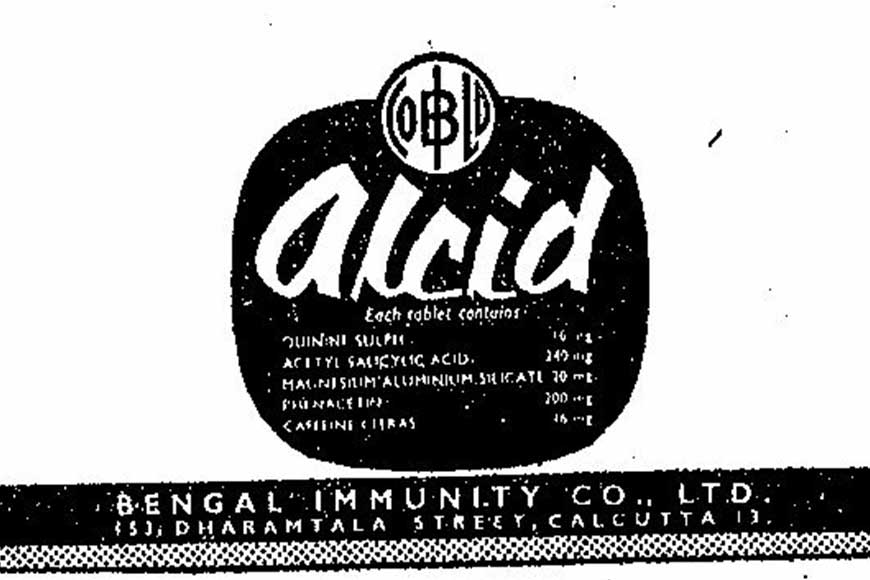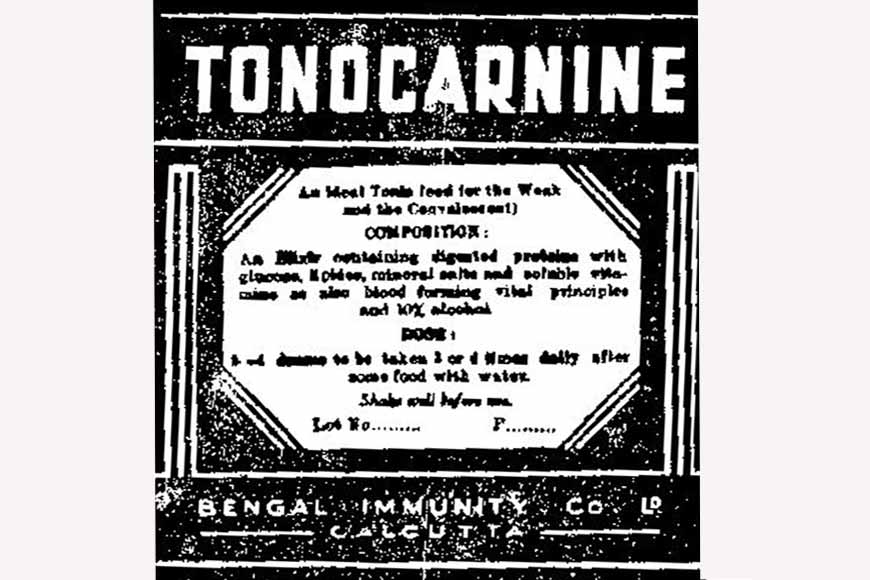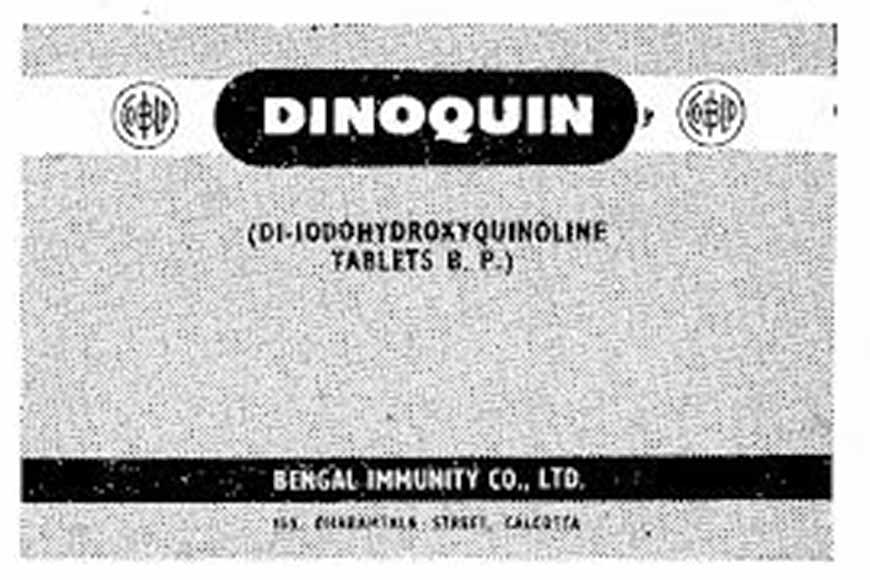Captain Narendranath Dutta: The visionary who gave India its first indigenous serum — GetBengal story

Today, when ‘vaccine’ is one of the most spoken words in medicine, often sourced from abroad, few remember that nearly a century ago, a son of Bengal pioneered India’s own. Few in India remember Captain Narendranath Dutta, the visionary who gave the country its first indigenous serum and pioneered anti-rabies and anti-venom vaccines.
Born in 1884 in Srikail village of Comilla district (undivided Bengal), Dutta belongs to a poor family and struggled for basic necessities. Being a brilliant student, he managed to earn scholarships throughout his schooling. However, he lacks the required monetary support during his academics. While studying in Comilla, he worked as a vegetable-seller in nearby villages and worked as a gardener after school to pay for food and lodging.

In 1909, he passed his school exams with flying colours, stood second in his FA Finals, and moved to Calcutta to study medicine. Financial struggles followed him there. His scholarship covered fees but not living expenses, so he worked nights as a dock labourer at Kidderpore. His determination impressed his British supervisor, and after completing his medical exams, he was appointed house surgeon at Presidency General Hospital with the help of his principal, Colonel Dr. Calvert.
Dutta later joined the Indian Medical Services, serving as a Lieutenant (later Captain) in West Asia for nine years. Returning to India in 1925, he met Dr. Bidhan Chandra Roy, who encouraged him to take charge of Bengal Immunity, a company founded in 1919 by leading doctors but in need of full-time leadership.
Under Dutta’s stewardship, the company flourished. In 1927, he shifted it to a 27-acre site in Baranagar, building a modern factory, housing for workers, and a school (later upgraded to Higher Secondary level and named Narendra Vidyamandir). The factory became the first in India to commercially produce serum, using horses kept on-site, and went on to manufacture vaccines and anti-toxins for rabies and snake venom — all in tropical conditions, a feat that surprised many Europeans.
Dutta never forgot his own hardships. He founded schools in Srikail and rescued them from closure after Independence. After the Partition, he also contributed to the refugees by building affordable houses for living.
Despite his close friendship with Dr. Bidhan Roy, he refused political office and focused on public health and social welfare instead. His company made history in India’s pharmaceutical landscape, offering cost-effective, large-scale indigenous vaccine production.

Unfortunately, in the 1990s, the government imposed a ban on the use of horse blood for serum production. As a result, Bengal Immunity got severely affected. By 2005, the once-iconic factory had closed its doors, leaving Dutta’s legacy largely forgotten.
Yet, Captain Narendranath Dutta remains a towering figure, a man of courage, vision, and service, whose pioneering work in vaccines shaped the foundations of India’s pharmaceutical industry.











